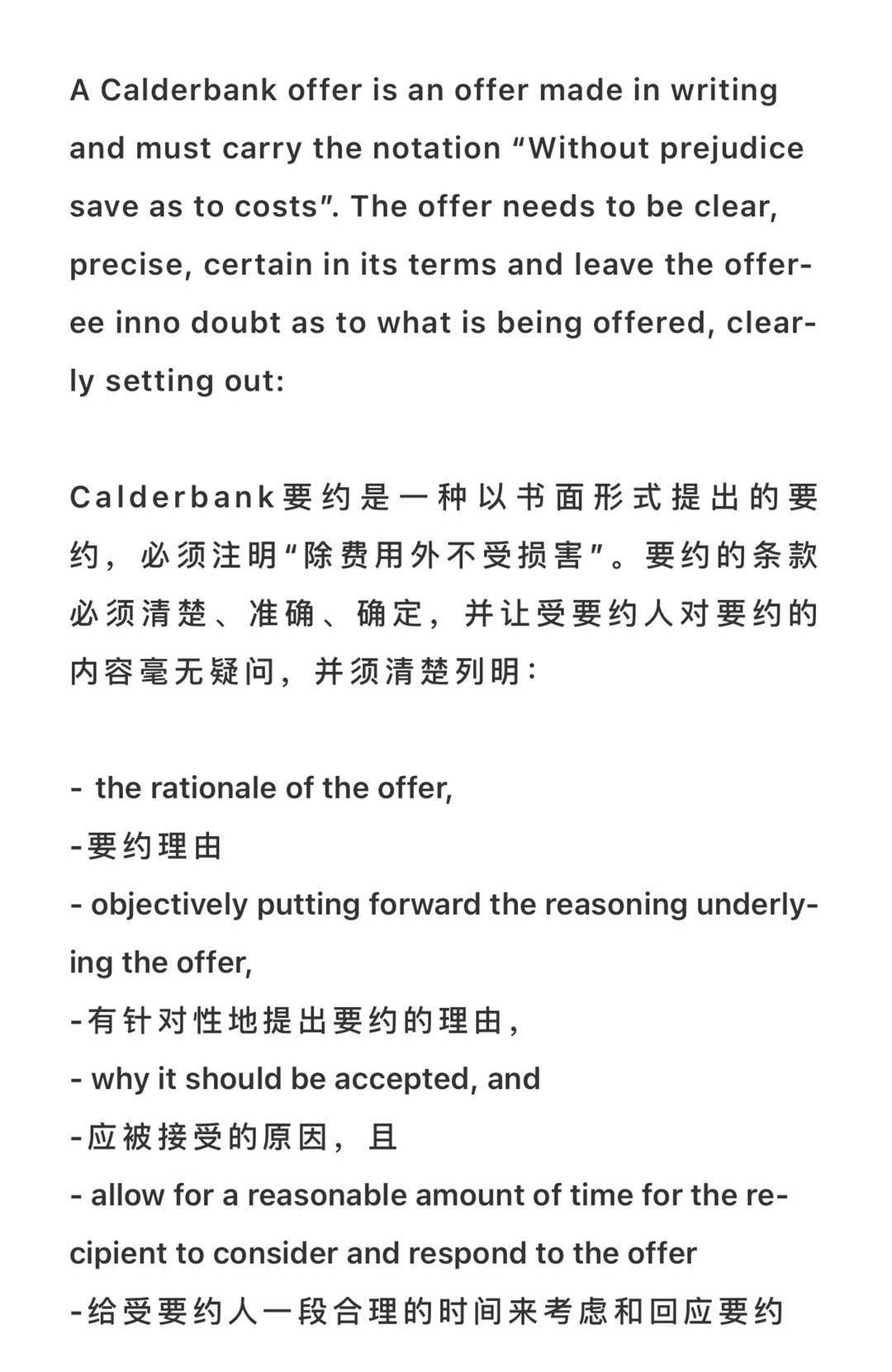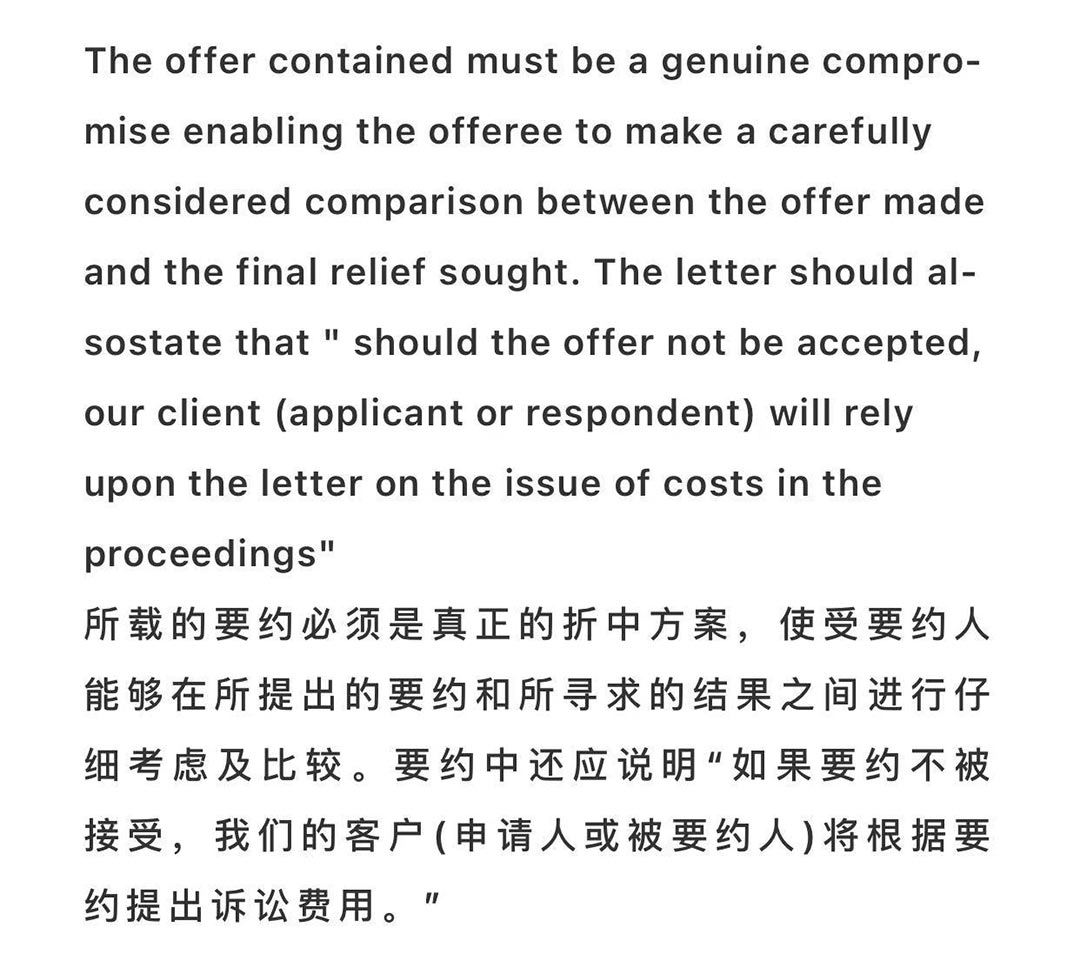Commercial Debt Litigation


With the increase in economic exchanges between China and Australia, economic disputes have also increased. Recently, I have been contacted by many domestic companies and individuals to collect debts in Australia. The parties are not familiar with Australian debt collection procedures and it is difficult to choose the method of debt collection.
Customers who collect debts from China to Australia are generally divided into two types, one is to borrow from the customer and then to Australia, and the other is the refusal of the Australian company to purchase materials from Chinese companies.
When it comes to debt recovery in Australia, clients can choose between a debt collection company and a law firm, and both have similarities and differences, and each has its own advantages. Generally speaking, debt collection companies usually use internal resources to find out the situation of the debtor and get in touch with them to discuss repayment plans. Law firms usually communicate with debtors by phone and lawyer's letter, and at the same time prepare for the case to enter the court. The task of finding out the debtor's whereabouts is usually handled by a law firm. What the two have in common is that once the debtor is contacted and a repayment arrangement cannot be reached, the lawyer must bring the case to court in accordance with legal procedures.
Australia's general debt recovery process is as follows:
1. Investigate the situation of the debtor;
2. Lawyer takes pre-litigation property preservation measures;
3. Contact the debtor to discuss the repayment plan;
4. reach a repayment agreement;
5. If the agreement cannot be reached, the case will be entered into the court according to the case &#118alue, and the arrears repayment lawsuit will be conducted;
6. Obtain a court judgment for enforcement.
Whether it is a debt collection company or a law firm, the case is basically handled in accordance with the debt recovery process described above. The main difference is that professional lawyers in law firms will take a litigation perspective to handle cases from the beginning, be able to prepare litigation materials in advance, and take necessary pre-litigation property preservation measures. However, a simple debt collection company can only carry out relatively limited work without the assistance of a law firm or a company lawyer. It is impossible to take emergency property preservation measures without referring the case to an associated law firm.
Regarding fees, law firms are also quite different from debt collection agencies. According to the Australian Lawyers Law, lawyers are not allowed to charge fees based on the target proportion. Generally speaking, debt recovery is a branch of lawsuits, and law firms generally charge fees according to the workload. For debt collection companies, there is generally no such constraint, and they can charge according to the proportion of debt collection. Many people may think that charging according to the recovery ratio will be more intuitive and cheaper. In fact, otherwise, for law firms, the level of case charges depends on the complexity of the case, not the &#118alue of the case, so it is not easy to have unreasonable fees. Regarding the payment of attorney fees, many law firms will now also provide “no win, no fees” and “lawyer fee cap” schemes for certain cases.
What I want to remind you is that Australian law has adequate protection for the private sector, and creditors must never break into the home or make threats because of debts. Otherwise, police involvement and even criminal prosecution will follow. Debt collection in Australia must be entrusted to professionals.
Customers who collect debts from China to Australia are generally divided into two types, one is to borrow from the customer and then to Australia, and the other is the refusal of the Australian company to purchase materials from Chinese companies.
When it comes to debt recovery in Australia, clients can choose between a debt collection company and a law firm, and both have similarities and differences, and each has its own advantages. Generally speaking, debt collection companies usually use internal resources to find out the situation of the debtor and get in touch with them to discuss repayment plans. Law firms usually communicate with debtors by phone and lawyer's letter, and at the same time prepare for the case to enter the court. The task of finding out the debtor's whereabouts is usually handled by a law firm. What the two have in common is that once the debtor is contacted and a repayment arrangement cannot be reached, the lawyer must bring the case to court in accordance with legal procedures.
Australia's general debt recovery process is as follows:
1. Investigate the situation of the debtor;
2. Lawyer takes pre-litigation property preservation measures;
3. Contact the debtor to discuss the repayment plan;
4. reach a repayment agreement;
5. If the agreement cannot be reached, the case will be entered into the court according to the case &#118alue, and the arrears repayment lawsuit will be conducted;
6. Obtain a court judgment for enforcement.
Whether it is a debt collection company or a law firm, the case is basically handled in accordance with the debt recovery process described above. The main difference is that professional lawyers in law firms will take a litigation perspective to handle cases from the beginning, be able to prepare litigation materials in advance, and take necessary pre-litigation property preservation measures. However, a simple debt collection company can only carry out relatively limited work without the assistance of a law firm or a company lawyer. It is impossible to take emergency property preservation measures without referring the case to an associated law firm.
Regarding fees, law firms are also quite different from debt collection agencies. According to the Australian Lawyers Law, lawyers are not allowed to charge fees based on the target proportion. Generally speaking, debt recovery is a branch of lawsuits, and law firms generally charge fees according to the workload. For debt collection companies, there is generally no such constraint, and they can charge according to the proportion of debt collection. Many people may think that charging according to the recovery ratio will be more intuitive and cheaper. In fact, otherwise, for law firms, the level of case charges depends on the complexity of the case, not the &#118alue of the case, so it is not easy to have unreasonable fees. Regarding the payment of attorney fees, many law firms will now also provide “no win, no fees” and “lawyer fee cap” schemes for certain cases.
What I want to remind you is that Australian law has adequate protection for the private sector, and creditors must never break into the home or make threats because of debts. Otherwise, police involvement and even criminal prosecution will follow. Debt collection in Australia must be entrusted to professionals.
















